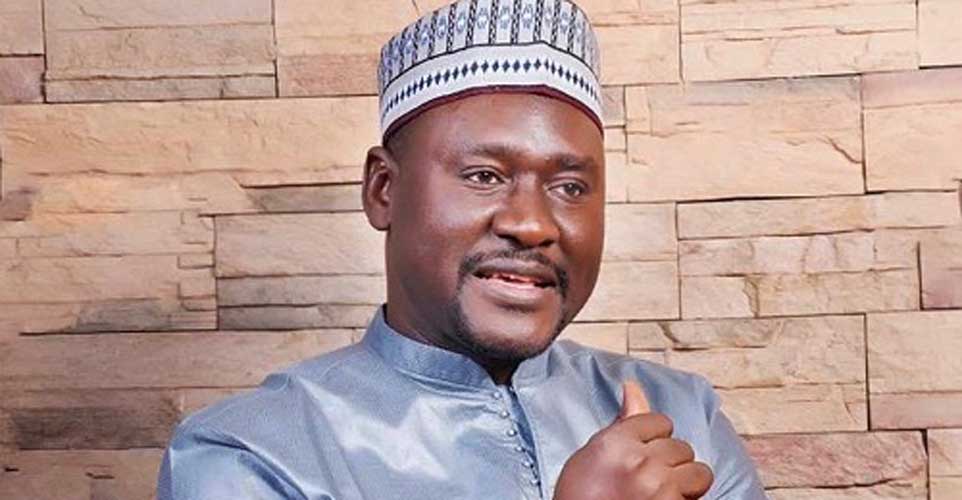
As Nigeria prepares to usher in the new year, the Civil Society Legislative Advocacy Centre (CISLAC)/Transparency International in Nigeria has expressed deep concern over the country’s lingering socio-economic challenges.
In a press release issued on Tuesday, by the Executive Director of Civil Society Legislative Advocacy Centre (CISLAC), and Head of Transparency International Nigeria, Auwal Musa Rafsanjani, CISLAC/TI-Nigeria highlighted several urgent challenges that require immediate policy intervention in 2025 to ensure sustainable development.
According to the organization, one of the critical challenges facing Nigeria is the excessively high cost of governance.
Despite the recommendations of the Orosanye Report on cost reduction, the government continues to grapple with wasteful expenditures and unnecessary duplications.
“This has constrained resources that could be directed towards critical sectors capable of driving national development,” Rafsanjani stated.
Another major concern is the lingering insecurity in the country. CISLAC/TI-Nigeria emphasized the need for the government to prioritize the security of lives and property in 2025 and beyond.
“This requires adopting international best practices in intelligence gathering, research, sabotage, espionage, and psychological operations,” the organization said.
CISLAC/TI-Nigeria also called for comprehensive constitutional amendments, political party reforms, and electoral system overhauls to address systemic flaws that perpetuate inefficiency, injustice, and political instability.
The organization expressed concern over the growing issue of terrorism financing, which has placed Nigeria among the top ten countries most affected by terrorism.
“Weak border security has allowed terrorists, small arms, and illicit funds to flow into the country unchecked,” CISLAC/TI-Nigeria stated.
To combat this, the organization recommended that Nigeria strengthen financial regulations and enhance the capacity of anti-corruption and regulatory agencies.
CISLAC/TI-Nigeria’s Executive Director, Comrade Auwal Musa Rafsanjani, emphasized the need for urgent policy intervention in 2025 to address these critical challenges.
“We call on the government to implement rapid and holistic measures to address citizens’ plights and meet their expectations moving forward,” Rafsanjani said.
The organization also commended the 2024 Supreme Court judgment barring state governors from mismanaging funds meant for local governments.
However, CISLAC/TI-Nigeria noted that constitutional reforms are needed to ensure financial and administrative autonomy for local governments, enabling them to deliver grassroots development effectively.
The organization called on the Executive and Legislature to adopt a holistic economic blueprint to address Nigeria’s socio-economic challenges.
“Economic diversification through targeted public-private partnerships in agriculture and industry is crucial for sustainable growth,” CISLAC/TI-Nigeria stated.
Nigeria Faces Critical Challenges in 2025, CISLAC Warns is first published on The Whistler Newspaper